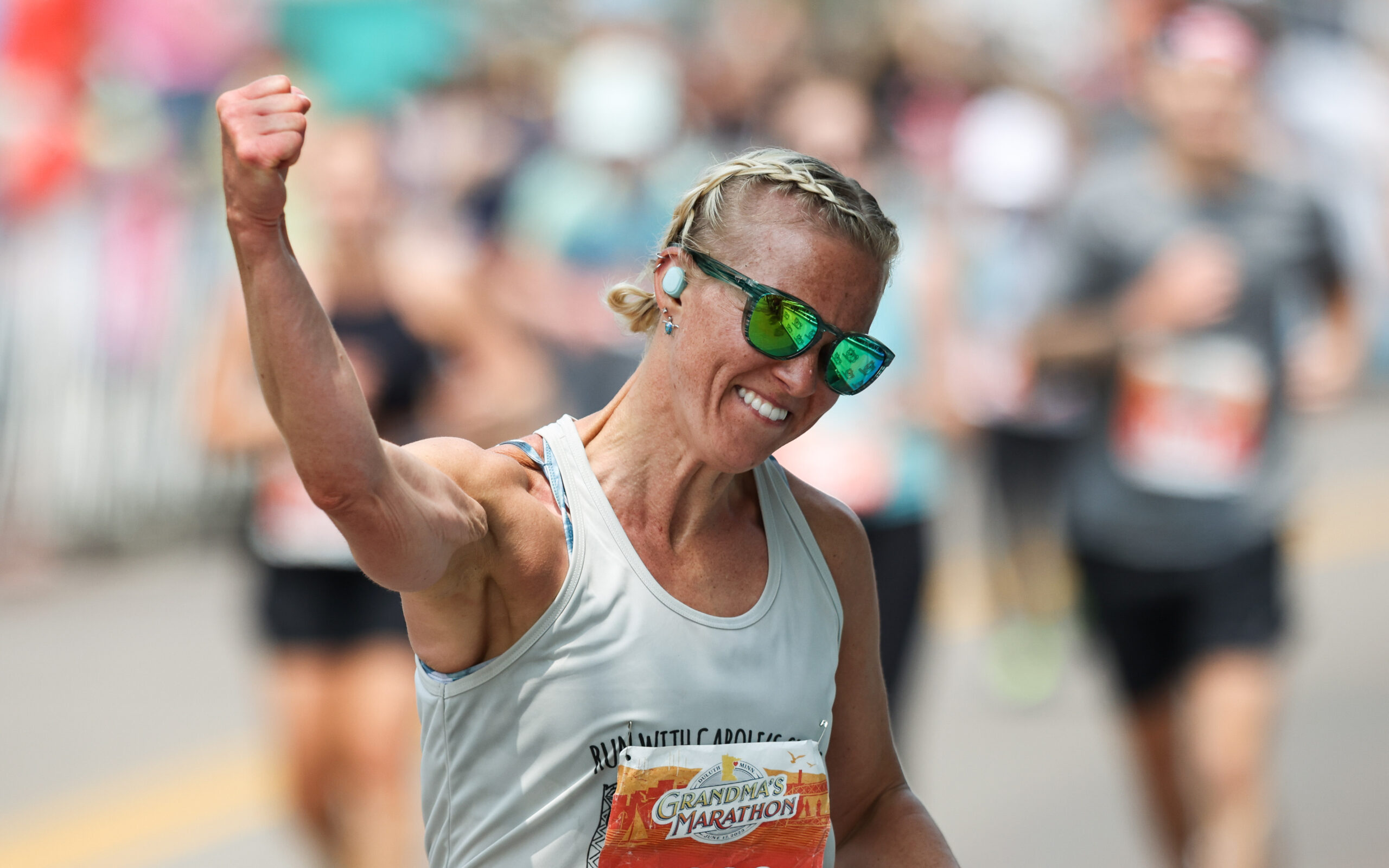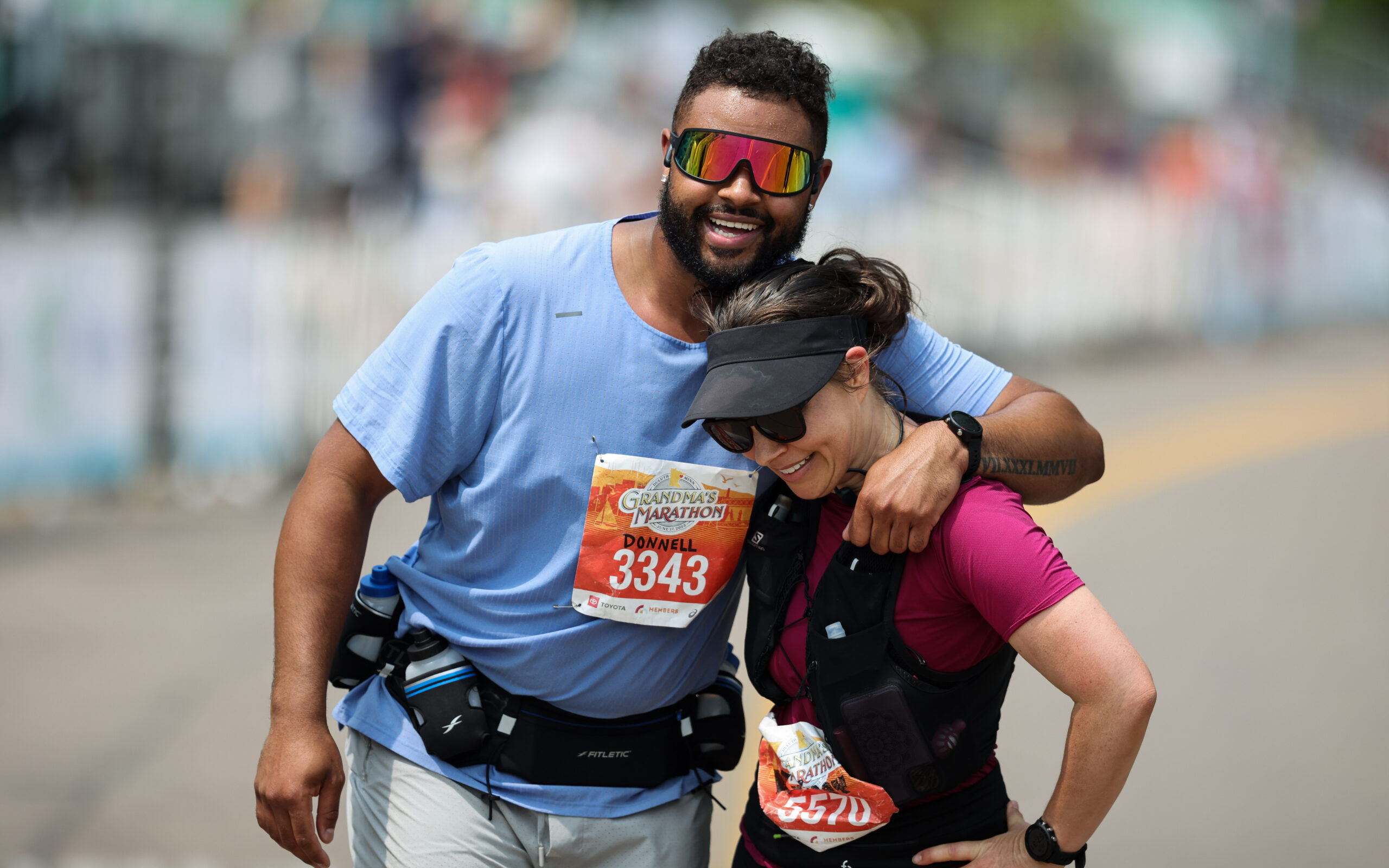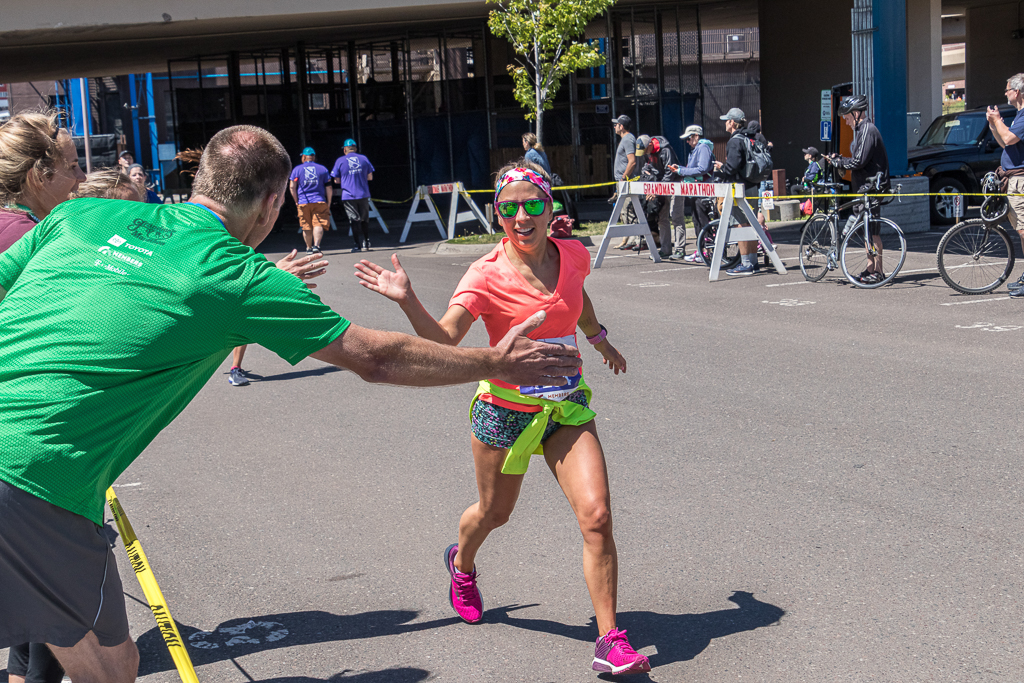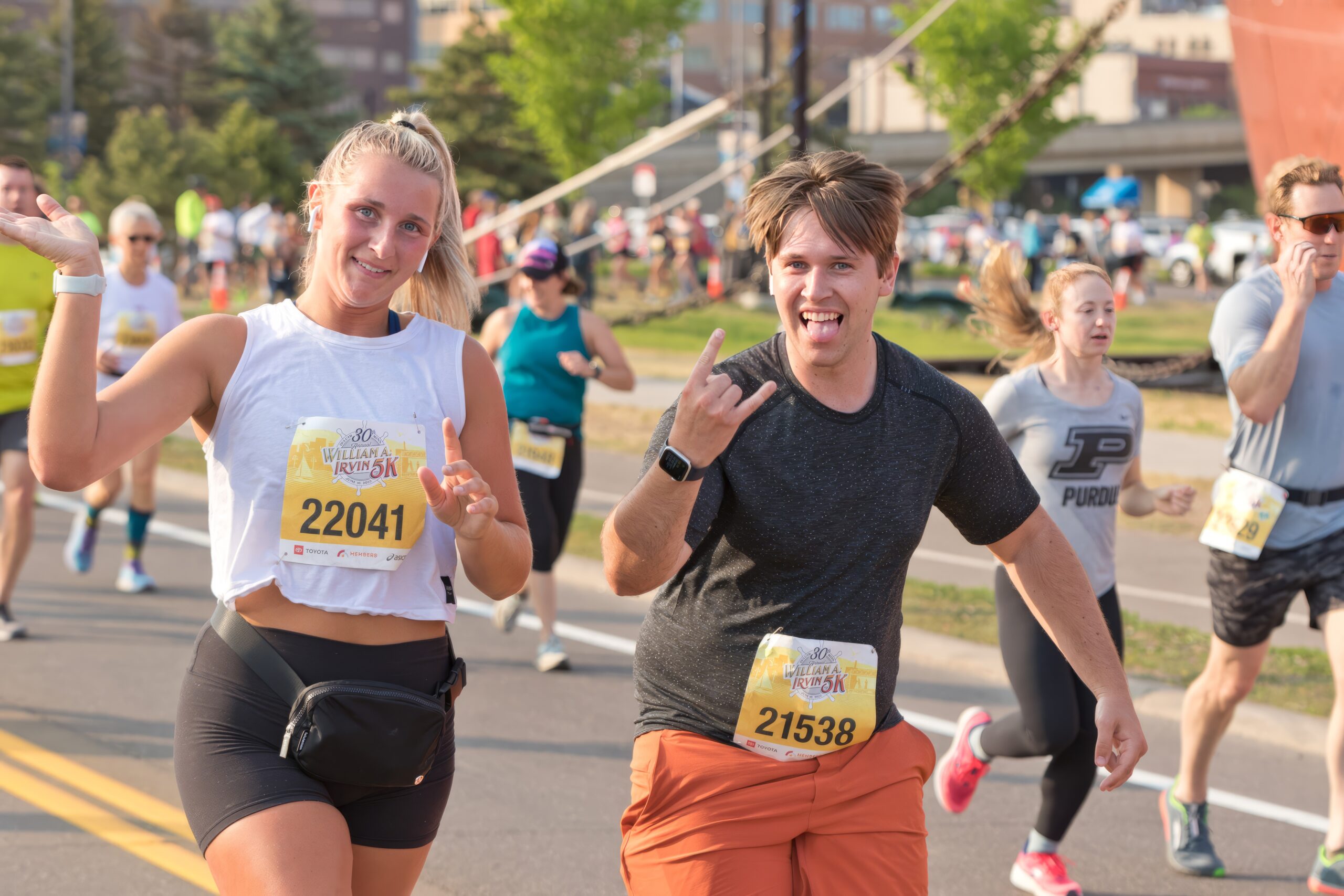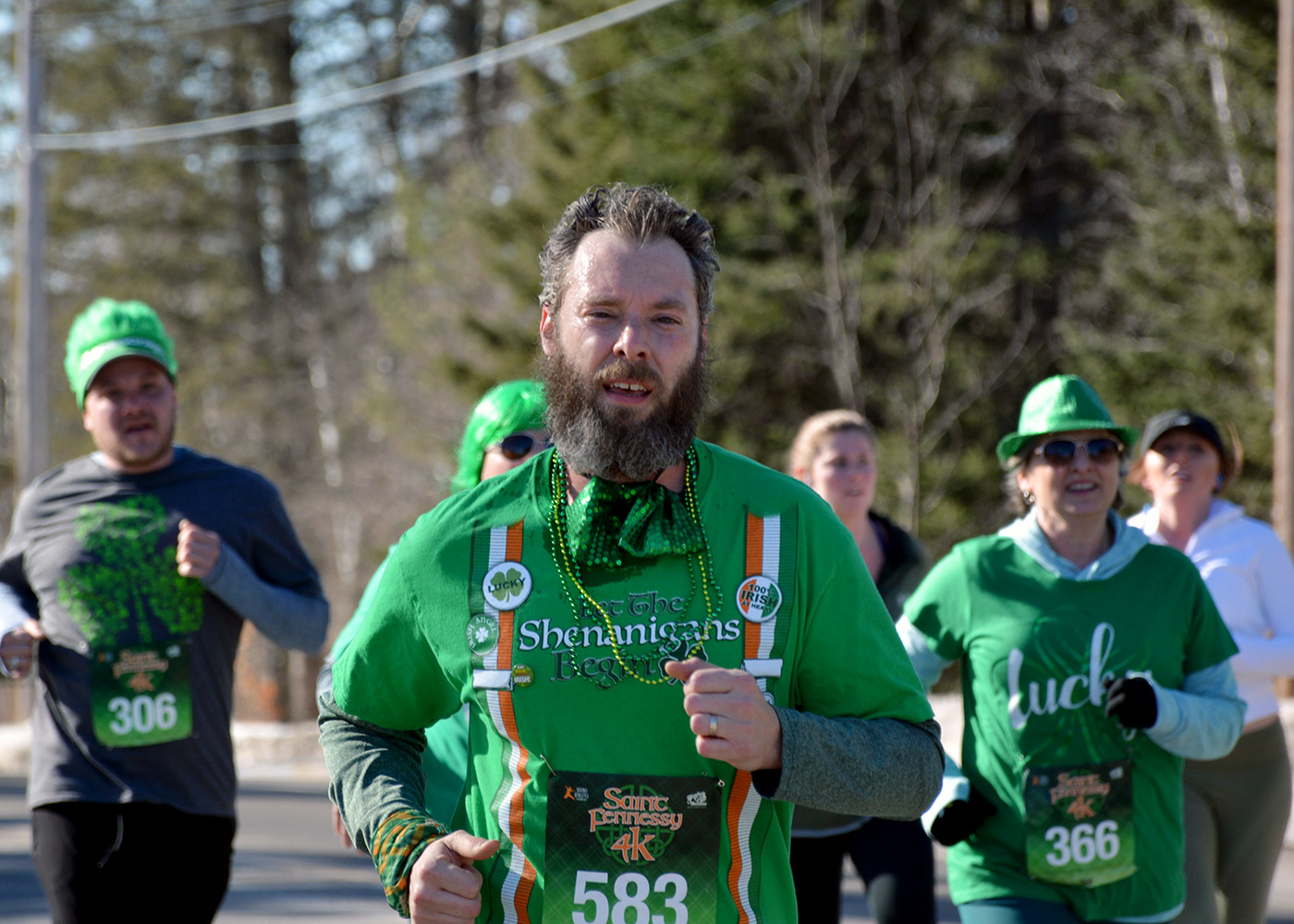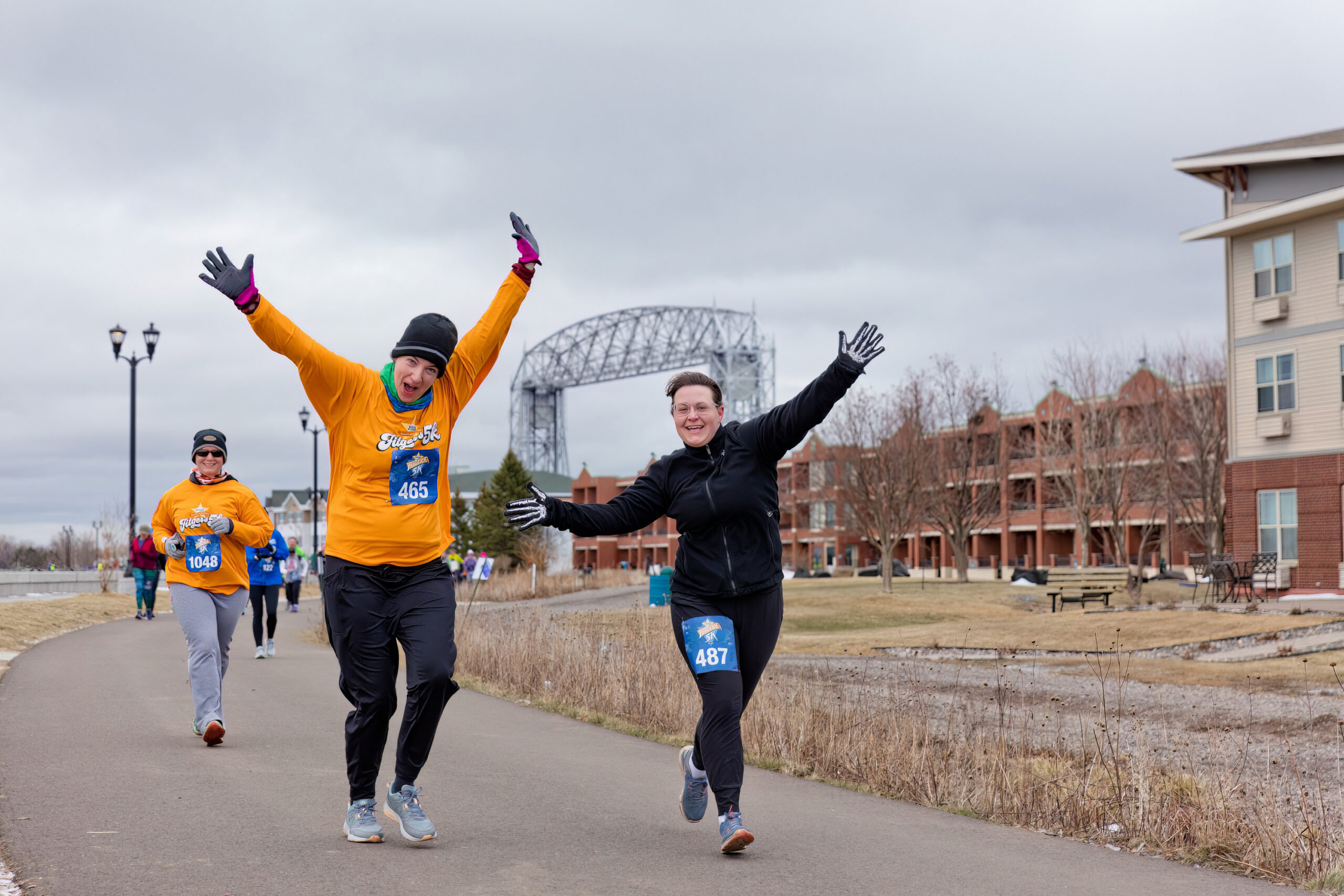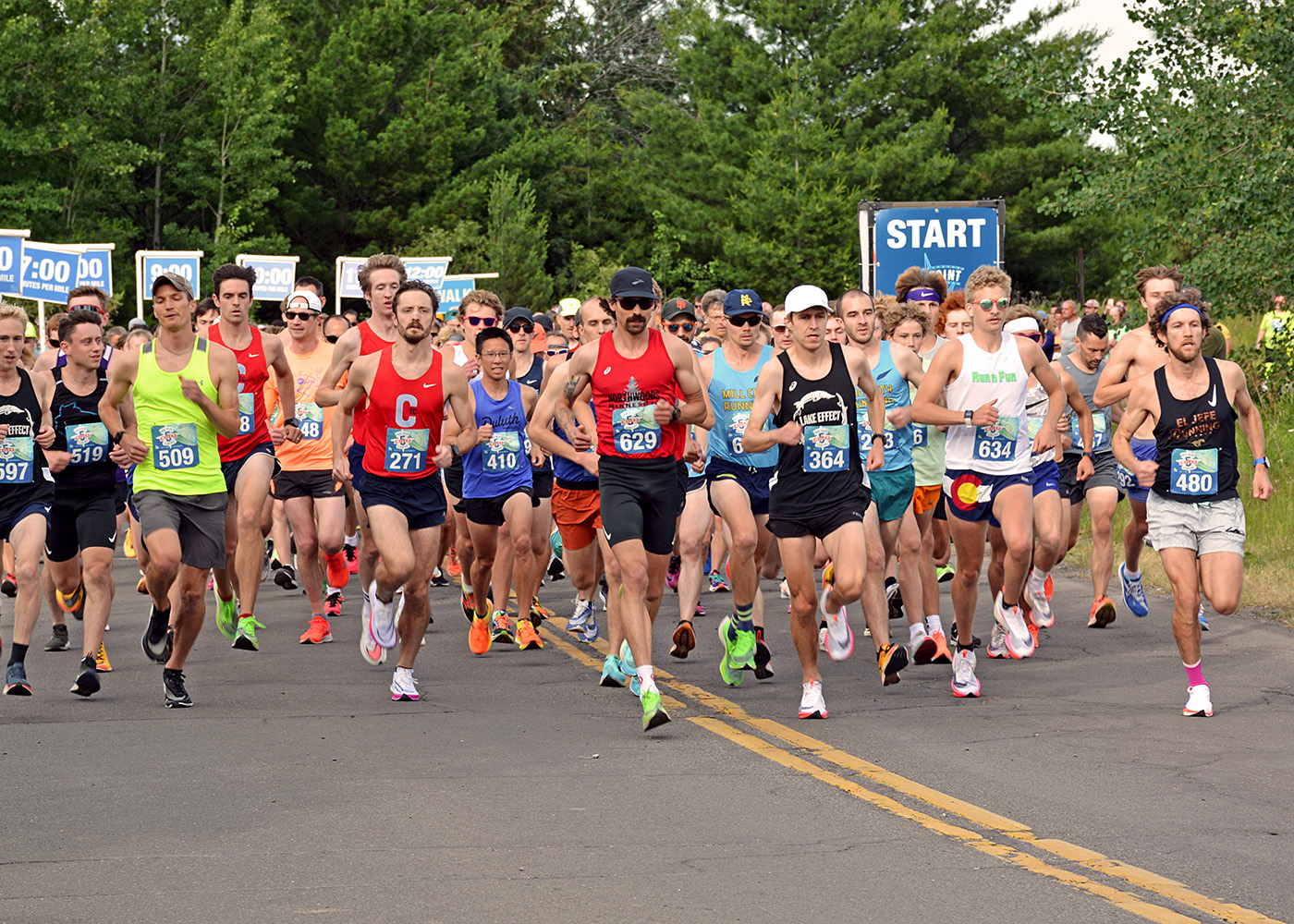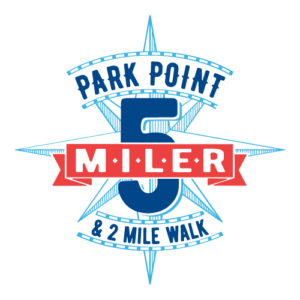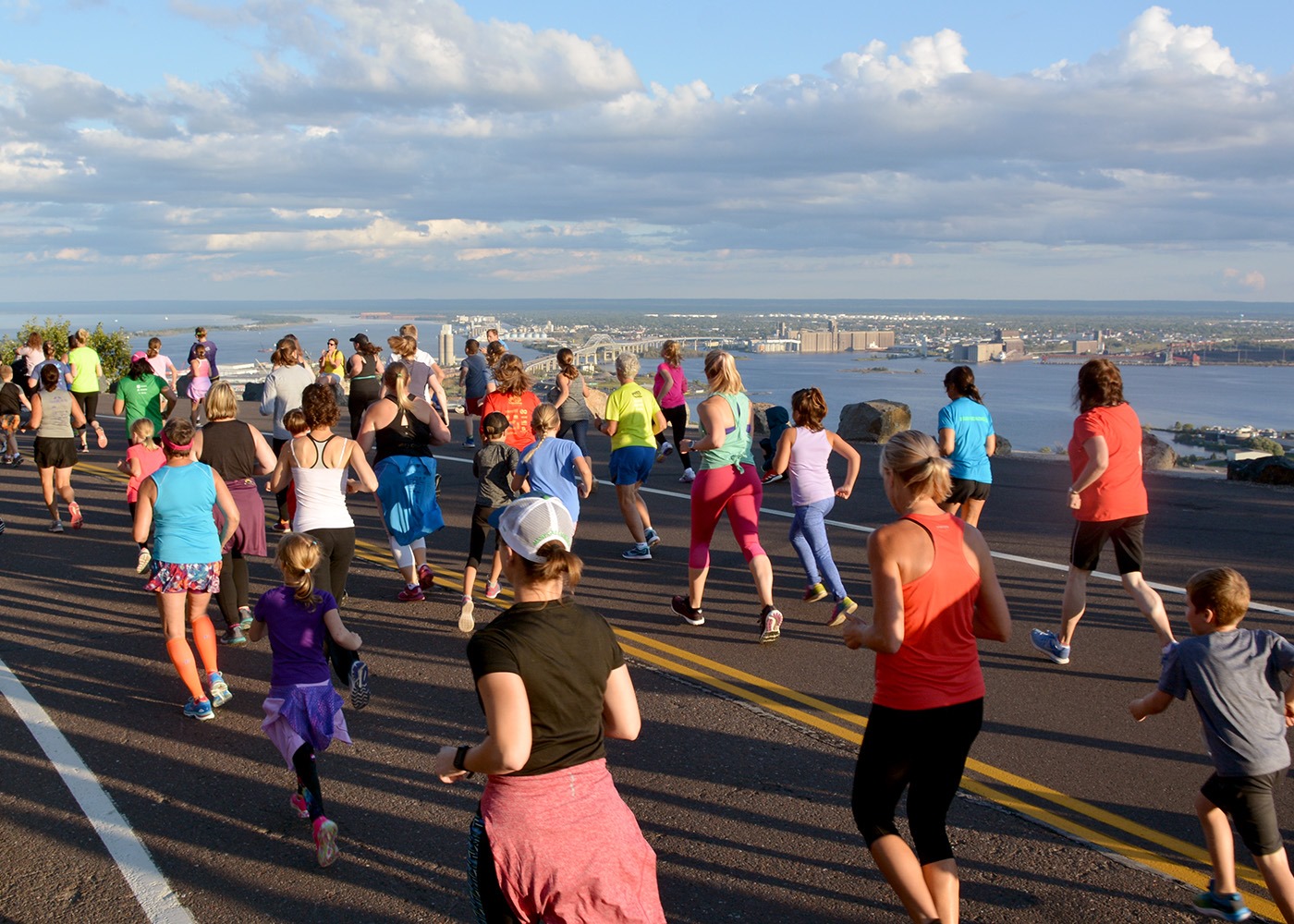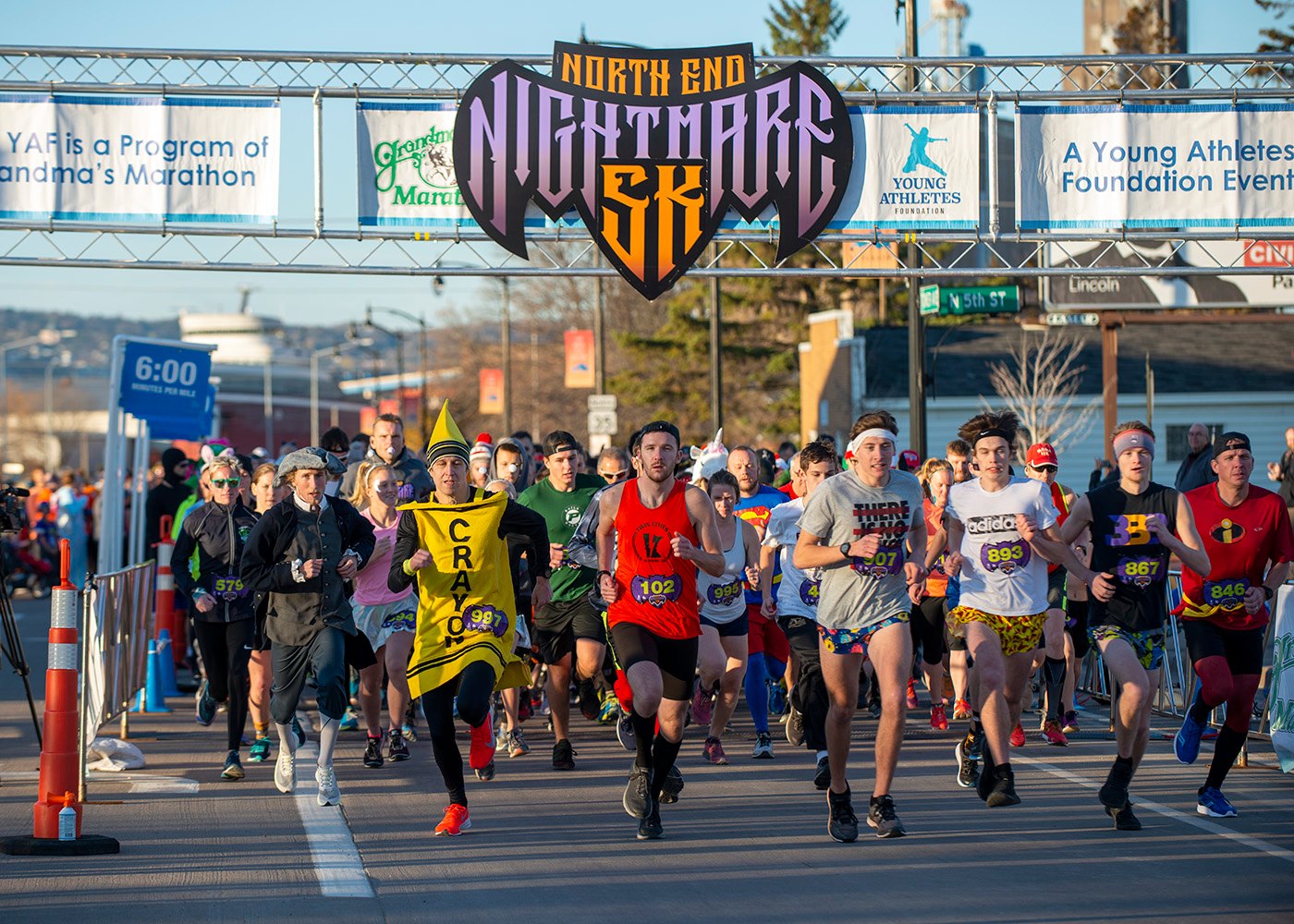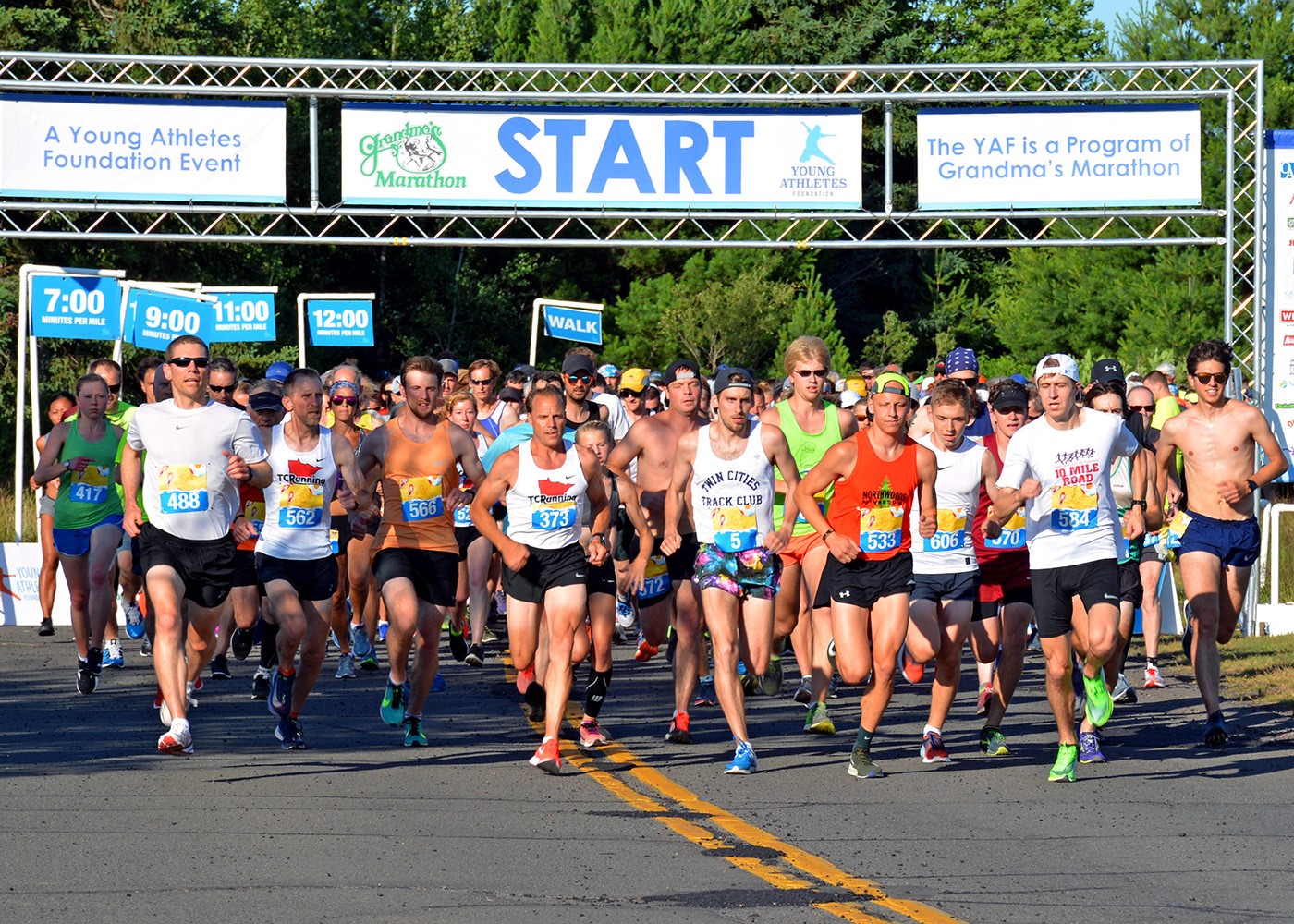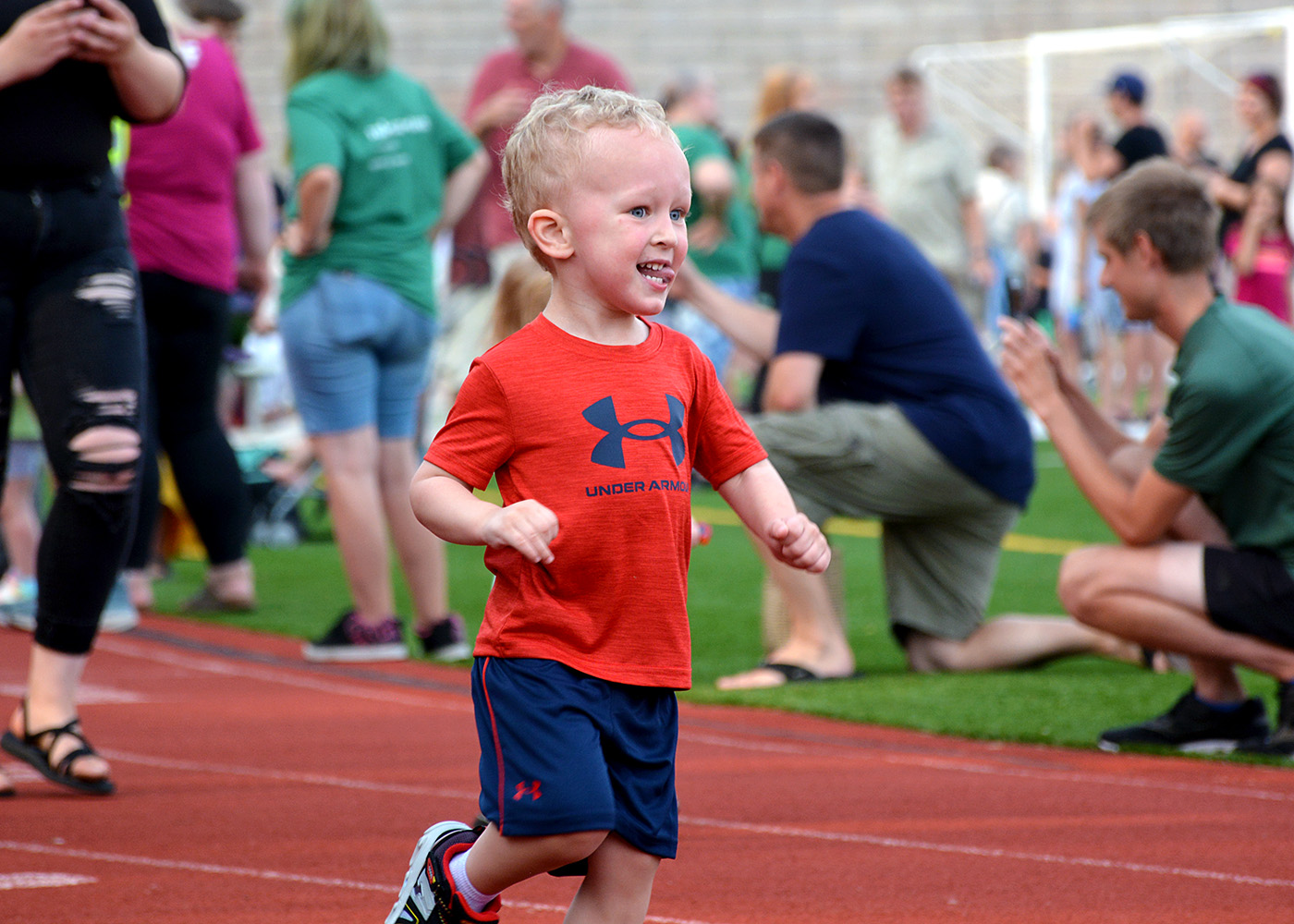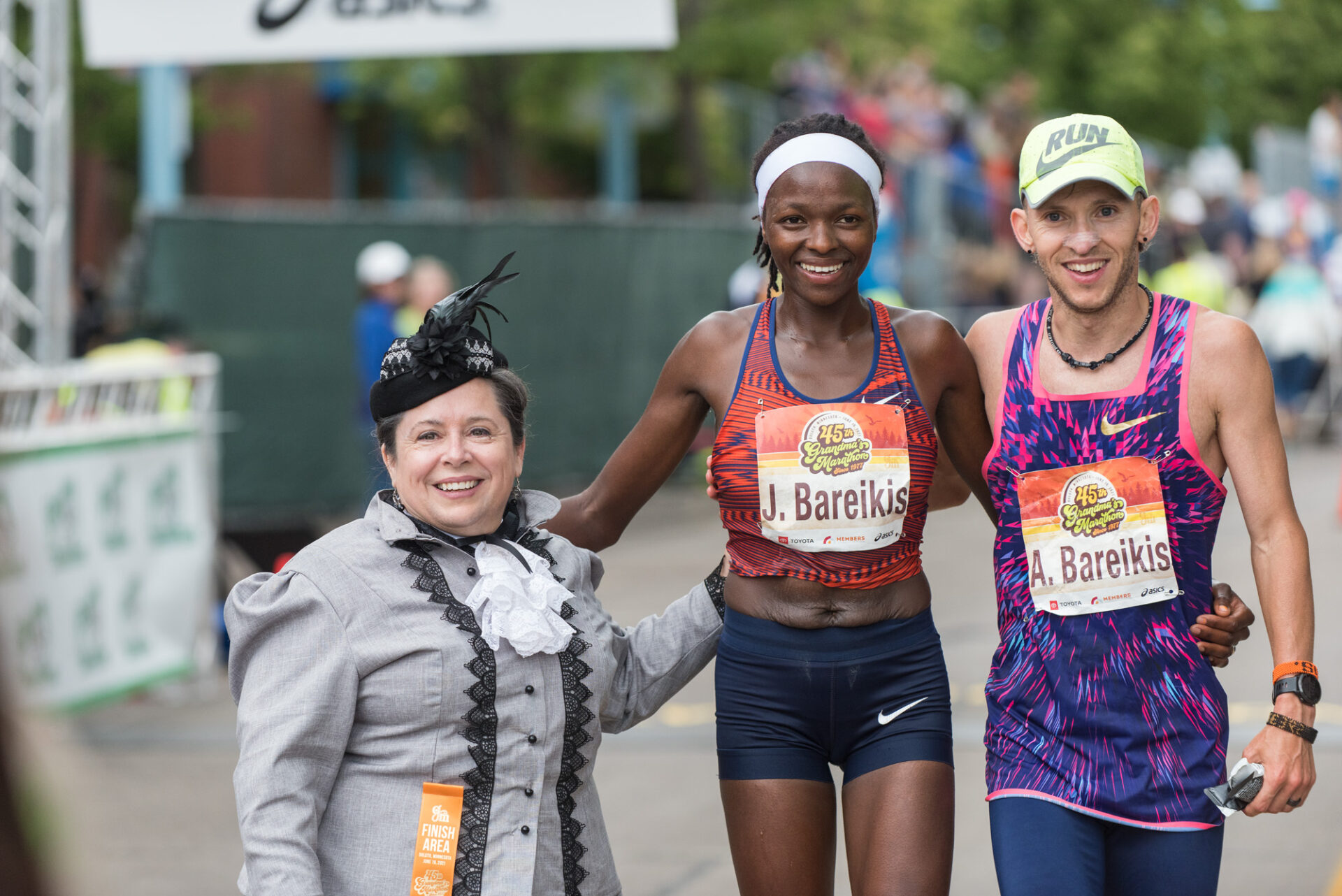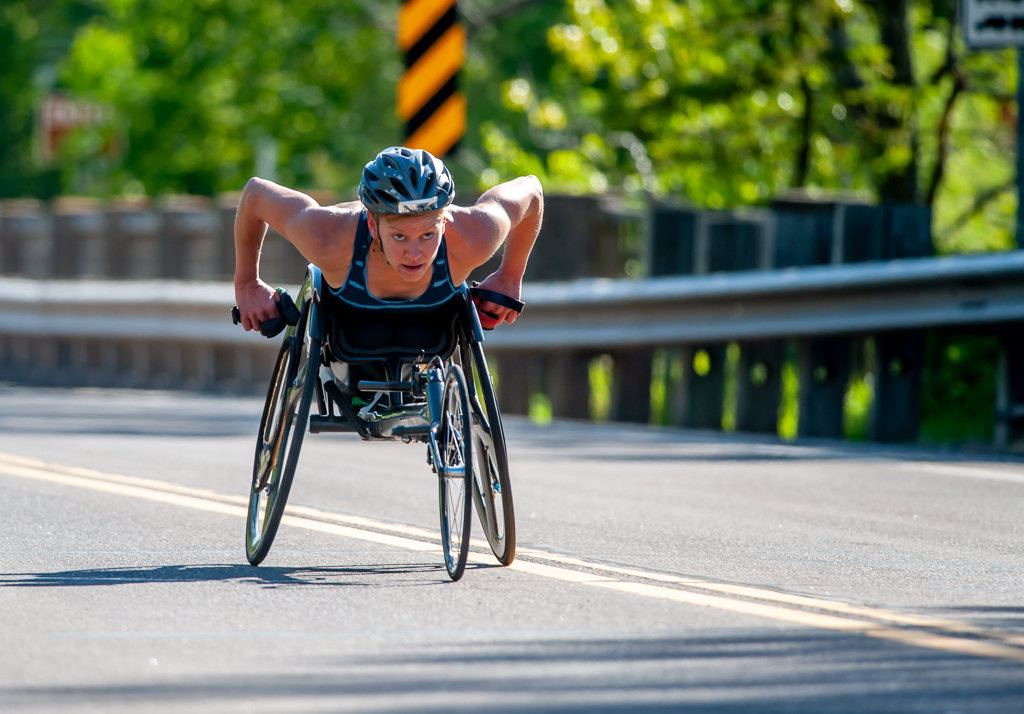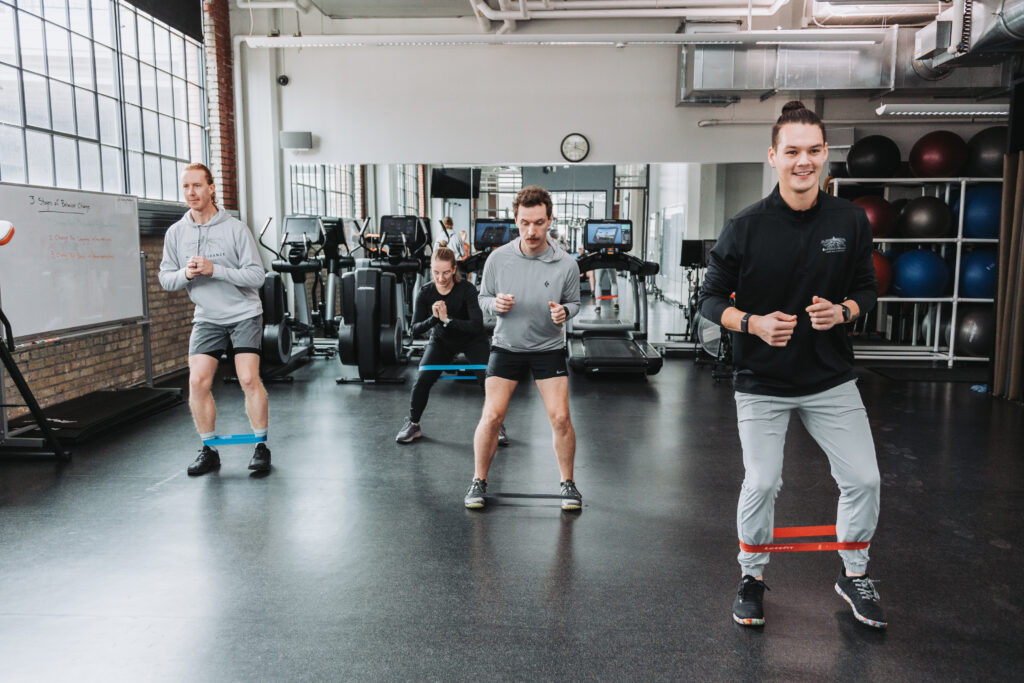The next few months are going to continue to get more intense as runners across the world get ready for Grandma’s Weekend in Duluth, Minnesota. It’s going to be an extremely fun time of year as we will get to see developments, we maybe haven’t seen before! For some of us, this is familiar territory and for some it is new grounds. The next few months will get exciting… until maybe it halts for some reason. Most of us have been here before.
Training is going great and then all of a sudden, you feel a slight tightness at the knee, mild burn in the shins, maybe a hamstring on one side begins to tug a little bit, or maybe it’s something else. Either way, it Isn’t normal and it’s getting worse.
You officially have an injury.
If this happens, I highly recommend seeing a Physical Therapist. Specifically, one that works with endurance athletes and looks to the root of whatever your injury is. Sooner, rather than later so that you aren’t knocked out of running for a long period of time.
But what if we were able to prevent the injury from happening in the first place? What if we start putting parameters in place now so that we get to the start line as healthy as possible? Are there exceptions and will we all face an injury at some point in our running career? Likely, but that doesn’t mean we shouldn’t mitigate our risk factor and take the right precautions to avoid injury the best we can.
That’s what this blog post and my passion is all about.
I’m going to split this post into two sections. The first is going to be surrounding your runs specifically and what you can be doing to avoid missing any future runs. The second section of this blog will talk about all the things that go into staying healthy that happen outside of your structured runs.
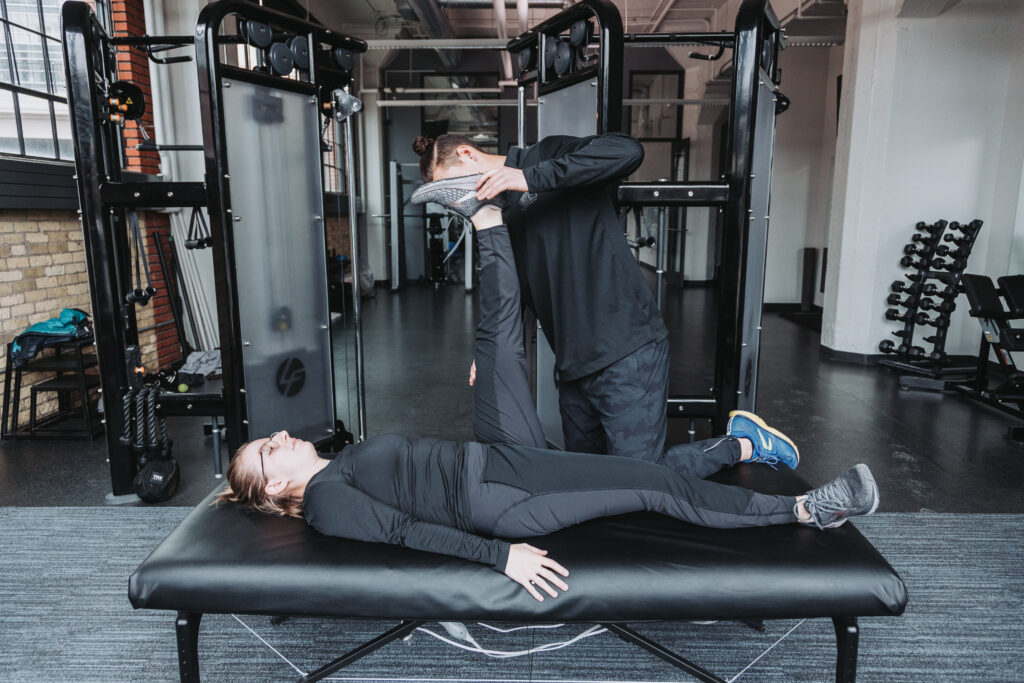
Run Specific Items
When we are building out our run program, it is crucial we have the right programming. Items like making sure you are going easy enough on easy days, hard enough on your speed days, keeping your long runs at 20-25% of your total weekly volume, etc. For a detailed blog post on this topic, check out 7 Common Run Program Mistakes.
For the purposes of this blog, there are 5 main things you should be thinking about for every single run.
- A proper warm-up.
Going straight into a run, especially when your body was just sleeping or sitting for 8 hours, is never a good idea. I recommend a walking warm-up of 5-10 minutes followed by some type of dynamic stretching routine. Do not do static stretching before you run.
- A proper cool-down.
Finishing a run, especially speed work, and then going straight back to work or to bed is another way to head towards an injury. We want to make sure we give our cardiovascular and muscular systems both the proper time they need to chill back out after a run. Exit the “fight of flight” stage, as you will. A walking cool-down of 10 minutes after a run is my personal favorite, but static stretching, yoga, acupuncture, foam rolling, etc. are also all great items to maximize post run.
- Don’t do too much.
No matter the distance/event, you will be asking a lot of your body and because of that it becomes very easy to think we need to do a lot in the training up to the race. A good example I see a lot is running 20+ mile long runs close to the race day or doing too much weekly volume. Most of the time in running, less is going to be better. Remember that you want to train based on where you currently are and what your body is currently able to tolerate.
- Stay consistent and follow a plan.
Work with a coach, follow a Hal Higdon plan (or something similar), run with run groups, or do something else that will keep you consistent and sticking to a plan. Another thing I see a lot is inconsistency in run training. An example is missing runs during the week and then doing a long run on the weekends. Up and down inconsistency with training is a great way to pick up an injury.
- Don’t ignore your body.
Best for last. May be a hot take, but if your body is telling you to rest, take a day off. As we run more and more, this type of thing becomes second nature, and we develop the ability to know when our body needs rest. Are you irritable during the day, are you waking up in the middle of the night, is your cycle irregular, do you have an appetite? I’m not a doctor, but these are general items that can be great indicators as to whether or not we are doing too much.
On a more acute scale, it’s important to recognize the difference between general soreness while running and something that is painful/should not be run on. Generally speaking, if you start running and the pain goes away, you are likely fine. If you have pain that continues to worsen as you run, I would stop and go see a professional!
Things to think about outside of your run program
In my opinion, the biggest cause of injury within an athlete’s program has to do with their recovery. Athletes that are unrecovered pretty much always end up with some type of illness or injury, sooner rather than later, when their body has just had enough and has to throw up the white flag to get some rest. Items that should be considered are below:
- Sleep
8-9 hours of sleep, naps a few times a week, going to bed at the same time and waking up at the same time, etc. These items are crucial when developing proper sleep hygiene. Now, is this possible for everyone? No. However, if you are running a marathon and dedicating hours of time to running, I’d recommend cutting time out of runs to prioritize getting enough sleep first.
- Nutrition and Hydration
Some calories are better than no calories. I tell all my athletes that they should never do a run fasted and that they should try and take calories in immediately post run. Focus on general calories for now, the type of food doesn’t matter at first, and if you want to get specific, work with an endurance dietician.
In addition to that, you should be drinking at least ½ your body weight in ounces of water (generally speaking) and making sure you are drinking some type of electrolyte. The best way to tell if you are hydrated is by looking at your pee when you first wake up. Is it dark yellow? You need more water. Is it clear? You likely need less water and more electrolytes.
Lastly, during runs over an hour or during hard workouts, you should be taking in some type of carbohydrate source every 30-35 minutes (maybe more, maybe less) and sipping water every 5-10 minutes.
- Strength, mobility, flexibility
I’m a huge advocate of incorporating strength into any runner’s program. It keeps us strong and away from injury while also increasing our performance! For a complete blog post on this topic, check out, Strength Training for Runners. In addition to strength training, our bodies will likely get less flexible (length that a muscle/it’s fascial tissue can reach) and less mobile (range of motion of a joint). It may be important to work on keeping muscles flexible through proper active and static stretching while also incorporating mobility exercises that keep our joints healthy and mobile. I like working the entire body, but if you are crunched for time, I would prioritize the hips down!
Happy running over these next few months and if you have any questions, please do not hesitate to reach out! I am always here for support and/or a friendly conversation.
Blog Post written by Jacob Oak | personal trainer, run coach, and gait analyst that works with endurance athletes through Oak Endurance and Performance Running Gym.

Jacob Oak
Jacob Oak is a 2024 Grambassador. Meet the other Grambassadors here.
Follow Him on: Facebook, Instagram
Favorite Grandma’s Marathon Memory: 2023 Garry Bjorklund Half! I had a rough spring training season and was able to still go up and hit over a 10-minute PR while also pacing one of my good friends to a PR! In addition to that, I was able to see numerous clients obtain PRs that day which is always amazing 
Quote that guides, inspires, or embodies your training, racing, or life: “Start with your Roots”
A song that must be on your running playlist: It’s Not Living If It’s Not With You | The 1975
The reason you absolutely won’t run outside: I will run in the heat, high humidity, sub 0 temps, winds, etc. You will pretty much never see me running in the pouring rain…. If I can help it… Not tryna get sick!
2024 running goal: Sub 3 Hours in the Marathon!
Three words to describe your training, racing, or life: Why, Community, Journey

